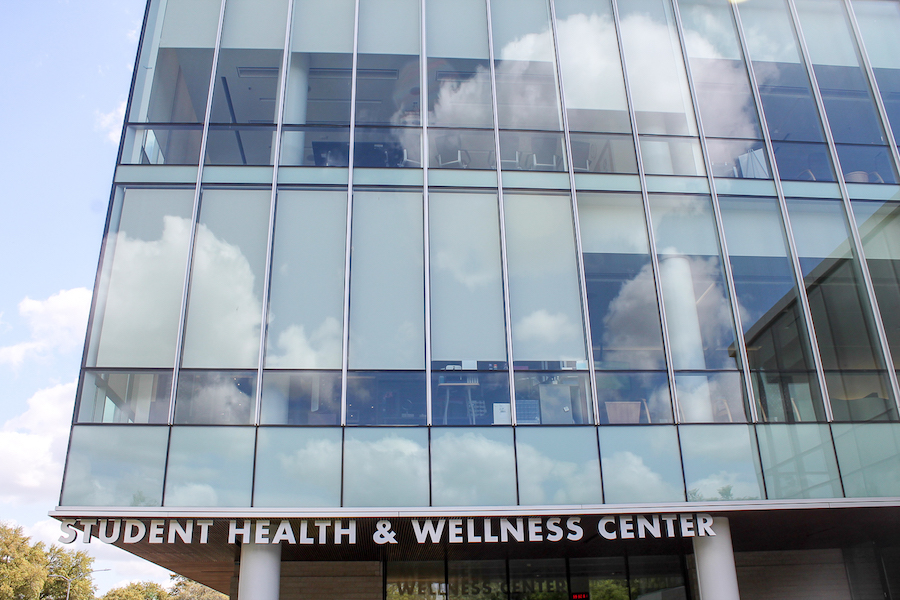
Student Health and Counseling Services provide physical, mental health resources to all students
UC Davis’ Student Health and Counseling Services (SHCS), the department of the university devoted to student wellness, provides various physical and mental health resources for UC Davis students.
At the SHCS Student Health and Wellness Center, students can receive treatment for various issues and ailments.
“In addition to basic medical care, we provide consultation services in a variety of specialties including sports medicine, orthopedics, psychiatry, endocrinology, podiatry, acupuncture and nutrition,” said Thomas J. Ferguson, medical director for the Student Health and Wellness Center, via email.
Although having the Student Health Insurance Plan (SHIP) is helpful, Ferguson stressed that it is not necessary to receive treatment at the Wellness Center.
“While we cannot bill outside insurances, most services are relatively inexpensive and can be accessed via referral from a primary care provider in our clinics,” Ferguson said. “The most important thing I would like to remind our students is that you do not have to have our student health insurance plan in order to use our services!”
With a dual presence in both the Student Health and Wellness Center and in North Hall, SHCS also provides mental health services to all students with free initial sessions.
“SHCS provides a variety of mental health services,” said Sarah Hahn, counseling director for SHCS, in an email interview. “Our main service is that we offer individual counseling, couples counseling and group counseling to all registered UC Davis students at no cost at the time of service, since we are supported through student fees.”
Although all resources are valuable, Hahn sees one resource as particularly helpful and underused: the SHCS website.
“Aside [from] the direct mental services that SHCS provides, SHCS website provides [a] wealth of information [that is] related to mental health issues,” Hahn said. “This resource tends to be overlooked and/or under-used. However, the website includes not only the details of our direct services but also information on various topics of mental health […] and links to other resources.”
Former director of the office of advocacy and student representation, Sam Alavi, firmly believes that because each student has their own needs, each resource is just as important as another.
“Our campus is so diverse that every student comes to UC Davis with certain needs and struggles and most students end up using health resources at some point or another while at UC Davis,” Alavi said in an email interview. “And that’s what makes health resources so important; there are no ‘valuable’ or ‘less valuable’ resources.”
Alavi is passionate about making sure that mental health resources are available to those who need them.
“There are many student activists right now, including myself, who are working on getting more funding for mental health resources,” Alavi said. “We advocate for more health resources and more diversity in services and staff so that when a student decides to take initiative in regard to their health, there will be resources available that fit their needs and identities.”
One way that SHCS is working toward improving services is by hiring a larger staff.
“As we hire new counselors, we are also concentrating on bringing onboard clinicians who have skills and experience working with the diversity that exists here at UC Davis,” Hahn said. “This diversity encompasses not only diverse cultural backgrounds, but also non-traditionally-aged students, transfer students, student veterans, student parents, first-generation college students and students across the spectrum of gender and sexual-orientation identities.”
Alavi also reaffirmed the importance of reducing the stigma associated with mental illness.
“Students know there are health resources on campus, but do not utilize them because of social stigma and difficulty getting appointments when the counseling center or health center is so busy and under-resourced,” Alavi said. “So even once we get to a place where students know that these health resources are available to them, we have to make a safe and supportive enough environment so students will feel comfortable seeking the available resources.”
More information about SHCS can be found on its website.
Written by: Kenton Goldsby – campus@theaggie.org



